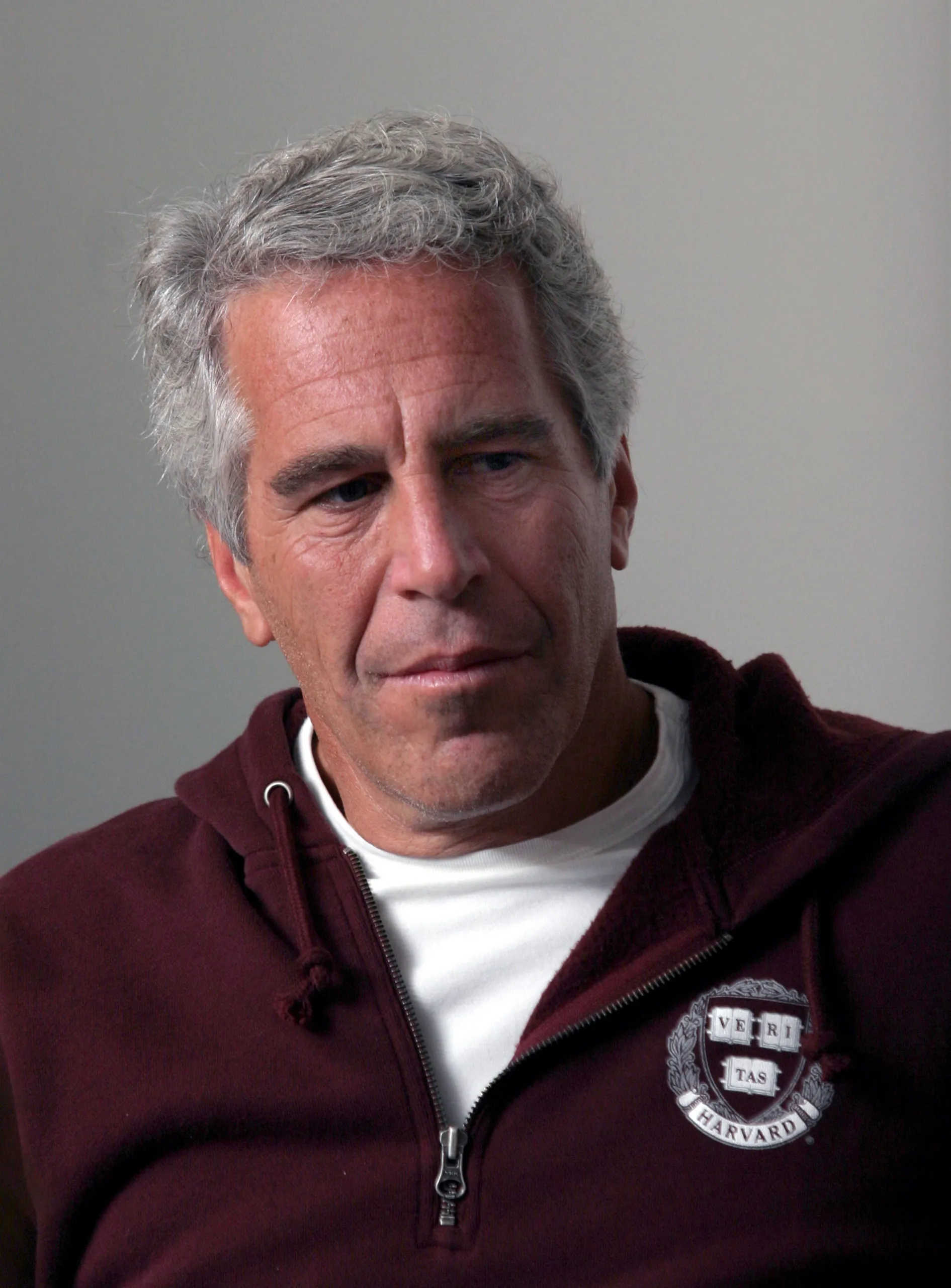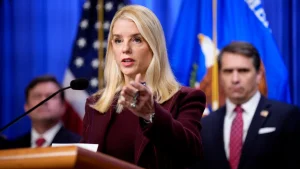Jeffrey Epstein’s name has been synonymous with scandal, secrecy, and criminal activity for years. Since his arrest on sex trafficking charges in 2019, Epstein’s connections to the rich and famous have fascinated the public. Now, after the release of thousands of pages of official documents, a wide range of high-profile figures — from royalty to actors, politicians, and musicians — have been named in federal files related to Epstein. But being “mentioned” does not automatically indicate wrongdoing, and understanding the context behind these names is crucial.
The Latest Release of Epstein Documents
On November 12, the U.S. House Oversight Committee made public approximately 20,000 pages of documents connected to Epstein and his crimes. This release included a mix of court records, emails, flight logs, and other materials. A subsequent Senate vote forced the Department of Justice to release even more files, with a deadline for full disclosure set for December 19.
The total volume of evidence collected by authorities is enormous. Investigators have seized 40 computers, 26 storage drives, 70 CDs, and six recording devices, totaling around 300 gigabytes of digital evidence. In addition, more than 60 physical items reportedly document visitors to Epstein’s private island, where he allegedly trafficked underage girls. These documents provide an unprecedented look at Epstein’s operations, his social network, and the vast web of people he associated with.
Despite the sheer volume of information, it is essential to recognize that simply being named in these files does not imply guilt or direct involvement in criminal activity. Many names appear in the context of media coverage, event attendance, or administrative communications rather than personal interactions with Epstein.
Who Is Named in the Epstein Files?
The recently released documents include references to numerous well-known individuals. These mentions span multiple spheres, including royalty, politics, the arts, sports, and science. Here’s a closer look at some of the most frequently cited names.
Royalty and British Politicians
Prince Andrew (Andrew Mountbatten-Windsor)
By far the most frequently mentioned British figure, Prince Andrew appears 173 times in the files. Allegations from Virginia Giuffre, who claims she was forced to have sex with Andrew when she was 17, are well-documented, and Andrew has repeatedly denied them. His royal titles were stripped following public scrutiny of his connection to Epstein.
Sarah Ferguson, Duchess of York
Ferguson appears nine times in administrative contexts or in correspondence mentioning Epstein. She has publicly acknowledged her friendship with Epstein but has consistently denied involvement in any criminal activities.
Queen Camilla
Her name appears nine times, though authorities believe these mentions do not suggest a personal connection to Epstein.
Princess Diana
Diana is mentioned 14 times in the documents, largely in media-related content. There is no indication that she had any personal association with Epstein.
Nigel Farage
The British politician and former leader of the Reform Party is referenced 18 times in emails exchanged between Epstein and former Trump advisor Steve Bannon. These references do not imply a personal friendship or connection to Epstein’s criminal activities.
Former Prime Ministers of the UK
-
Tony Blair is mentioned 22 times
-
David Cameron appears 19 times
-
Gordon Brown appears 16 times
These mentions typically arise in the context of news coverage or correspondence about public events. There is no evidence that any of these former leaders were personally involved in Epstein’s criminal enterprise.
Peter Mandelson
The former UK political advisor is also mentioned in the files. He lost his position as the UK’s ambassador to the U.S. due to his association with Epstein, though the context remains professional rather than criminal.
U.S. Political Figures
Former President Bill Clinton
Clinton appears multiple times in the files, mainly in correspondence or references to his involvement in philanthropic events. There is no evidence suggesting criminal activity in relation to Epstein.
Donald Trump
Trump’s name appears approximately 1,500 times, mostly in media reports or in documents noting his past social interactions with Epstein. Trump and Epstein were friends for several years, but the two reportedly fell out in the early 2000s, years before Epstein’s first arrest. Trump has repeatedly denied any wrongdoing connected to Epstein, and the documents do not provide substantial evidence of criminal collaboration.
Other Trump family members, including Marla Maples and Tiffany Trump, are mentioned in flight logs. These references reflect travel arrangements rather than any participation in Epstein’s illegal activities.
Robert F. Kennedy Jr. and Larry Summers
Both are mentioned in the documents, though these mentions appear in news coverage or general correspondence. There is no indication of personal wrongdoing.
Entertainment, Arts, and Culture
Sir Elton John
Elton John is referenced eight times in articles and communications that passed through Epstein’s network. There is no evidence suggesting that John personally knew Epstein or was involved in his crimes.
Mick Jagger
The Rolling Stones frontman is mentioned nine times. Again, these references relate primarily to media coverage rather than personal interactions with Epstein.
Adele
Adele appears eight times in emails or documents referencing media coverage. There is no suggestion that she had direct contact with Epstein or was aware of his criminal activities.
Colin Firth
The British actor is mentioned ten times, mostly in press articles sent to Epstein. There is no evidence that Firth had any personal association with him.
Naomi Campbell
Campbell appears ten times in the files. She has publicly stated that she met Epstein at social events but denies any knowledge of his illegal activities.
David Beckham
Beckham’s name appears nine times in correspondence about athletes admired by Epstein’s associates. He does not appear to have had direct contact with Epstein regarding illegal activity.
Piers Morgan
The broadcaster and journalist is referenced ten times in materials included in Epstein’s files, without any indication of wrongdoing.
Stephen Hawking and Richard Dawkins
Hawking appears 17 times, and Dawkins 29 times, mainly in reference to public appearances, writings, or lectures. There is no evidence of personal connections to Epstein.
Michael Jackson
The late singer is mentioned in Epstein’s personal records. While Jackson’s name appears, there is no indication of direct involvement with Epstein’s crimes.
Other celebrities such as Leonardo DiCaprio, Cate Blanchett, Cameron Diaz, Bruce Willis, and George Lucas are also referenced, typically through indirect mentions in media reports or event logs.
Those Closely Associated with Epstein
Ghislaine Maxwell
Epstein’s long-time associate and confidante appears 135 times in the documents. Maxwell is currently serving a prison sentence for her role in Epstein’s sex trafficking operations.
Robert Maxwell
The media magnate and father of Ghislaine Maxwell appears 47 times in the files, reflecting his professional and personal connections.
Understanding What These Mentions Mean
It is critical to emphasize that being named in the Epstein files does not equate to criminal guilt. Many individuals appear in the documents due to:
-
Media and Press Mentions
Epstein often collected news articles or emails referencing celebrities and politicians. -
Social and Professional Networks
Epstein cultivated a wide circle of social contacts spanning politics, academia, entertainment, and business. Being part of this circle does not automatically indicate involvement in illegal activities. -
Indirect References
Some names appear in correspondence or flight logs in connection with events or trips, not as participants in Epstein’s crimes. -
Ongoing Releases
The documents are still being released, and the public has only seen a portion of the total files. The full context of many mentions may not yet be known.
The Big Picture
The Epstein files offer a detailed look at the extensive network surrounding one of the most notorious criminals of recent history. While the documents reference many well-known figures, the mentions often reflect media attention, social connections, or administrative notes rather than criminal activity.
The continued public scrutiny serves as a reminder of the power dynamics and secrecy that enabled Epstein’s crimes to persist. For those named, the files may be more about proximity to Epstein’s social world than direct involvement in his criminal conduct.
Epstein’s death by suicide in his New York prison cell on August 10, 2019, meant that he never faced trial. Nonetheless, the documents released since then continue to shed light on his vast network, offering a clearer understanding of the social circles he navigated and the far-reaching influence he wielded.
Conclusion
Being named in the Epstein files should not be equated with guilt. Many high-profile individuals, from royalty and politicians to musicians and actors, appear in these records due to media coverage, social circles, or professional interactions. The files illuminate the breadth of Epstein’s connections and underscore the pervasive power and secrecy he maintained.
As more documents are released, the public will gain further insight into the complex web surrounding Epstein, but it is crucial to approach these revelations with discernment — a mention does not necessarily mean participation in criminal activity. The Epstein files are a window into his world, but not a definitive list of accomplices.

Emily Johnson is a critically acclaimed essayist and novelist known for her thought-provoking works centered on feminism, women’s rights, and modern relationships. Born and raised in Portland, Oregon, Emily grew up with a deep love of books, often spending her afternoons at her local library. She went on to study literature and gender studies at UCLA, where she became deeply involved in activism and began publishing essays in campus journals. Her debut essay collection, Voices Unbound, struck a chord with readers nationwide for its fearless exploration of gender dynamics, identity, and the challenges faced by women in contemporary society. Emily later transitioned into fiction, writing novels that balance compelling storytelling with social commentary. Her protagonists are often strong, multidimensional women navigating love, ambition, and the struggles of everyday life, making her a favorite among readers who crave authentic, relatable narratives. Critics praise her ability to merge personal intimacy with universal themes. Off the page, Emily is an advocate for women in publishing, leading workshops that encourage young female writers to embrace their voices. She lives in Seattle with her partner and two rescue cats, where she continues to write, teach, and inspire a new generation of storytellers.









